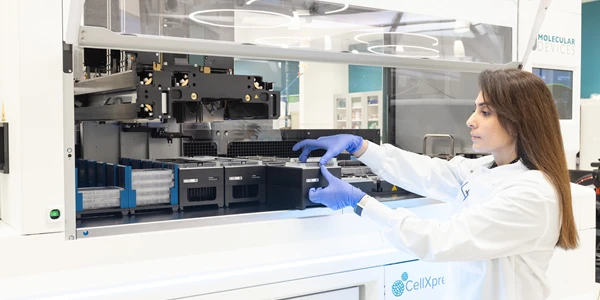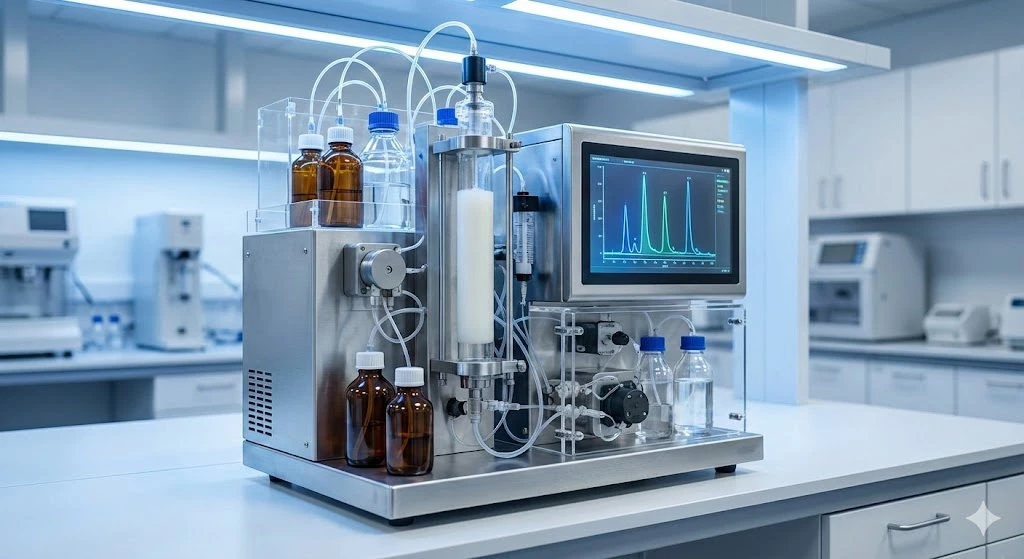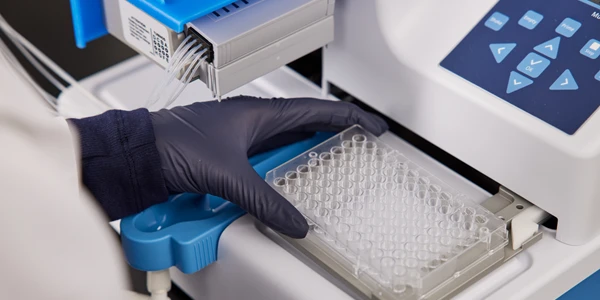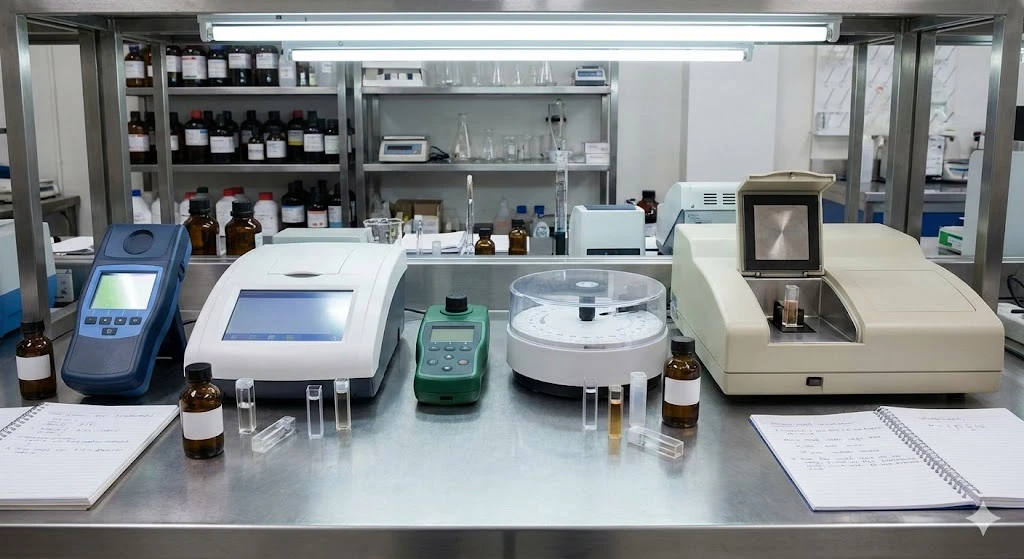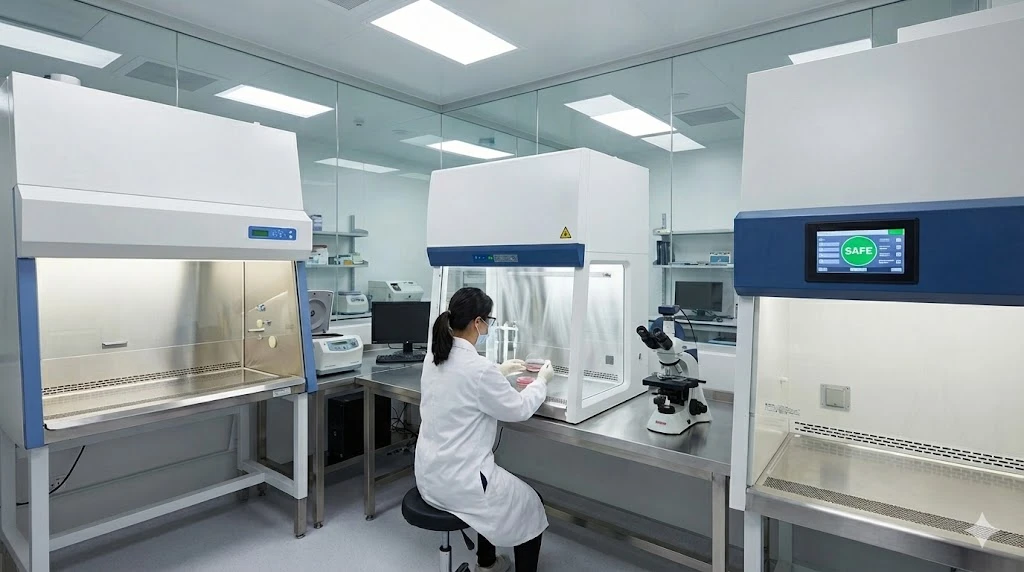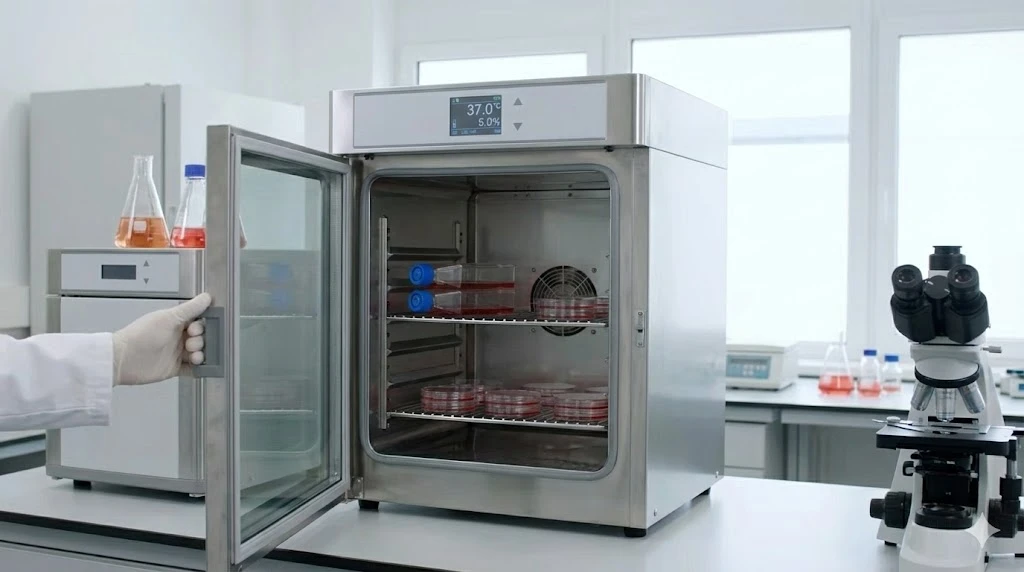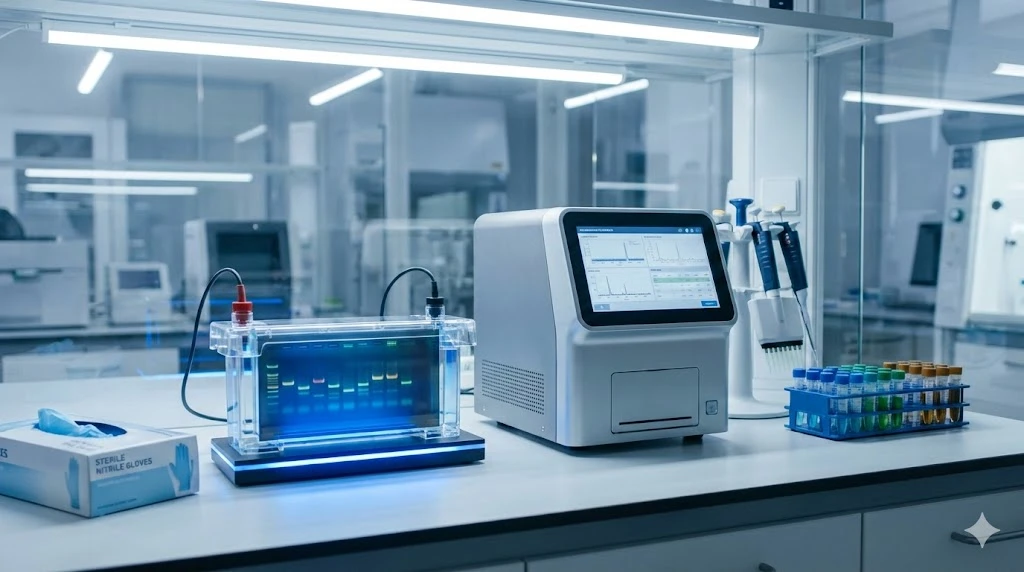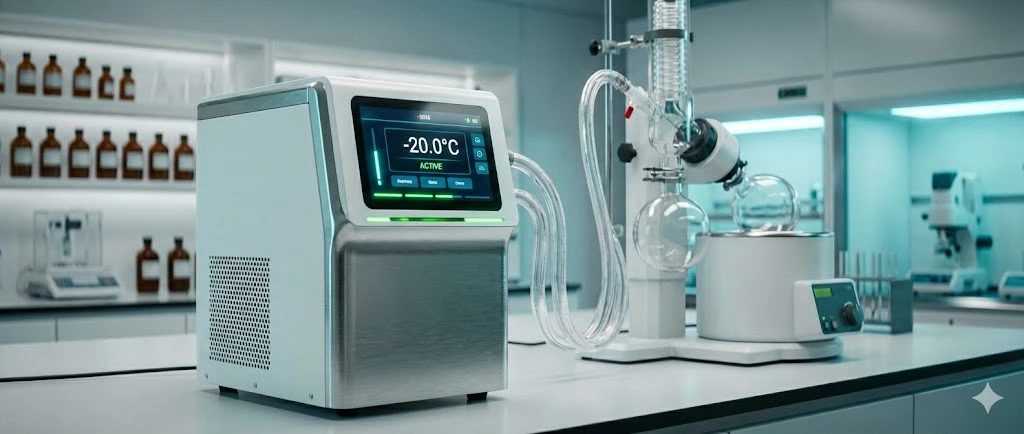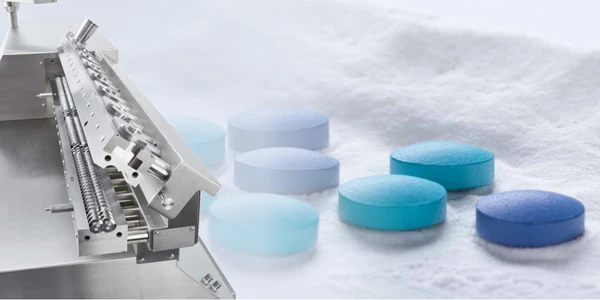Tips for Buying a Used Centrifuge
Buying pre-owned lab equipment can be a great way to stretch your budget. However, navigating the used equipment market can be challenging. Resellers may not have the knowledge — or integrity — to accurately communicate a unit’s functional and cosmetic condition. If you’re looking to buy a secondhand centrifuge, here are six tips to ensure you get a good product:
1. Shop by RCF, not speed
Relative centrifugal force (RCF) is the value you need to know to properly separate samples. Speed is only a component of the equation to calculate RCF. While speed is certainly one of the most important specifications of a centrifuge, you shouldn’t shop by speed alone as it’s only a part of the whole picture.
2. Don’t purchase anything with less than a 90-day warranty
90-day warranties are common enough in the pre-owned lab equipment market that you shouldn’t have to settle for less. Typically, anything less than a 90-day warranty should indicate that there’s something wrong with the centrifuge and should be avoided.
3. Look closely at the pictures
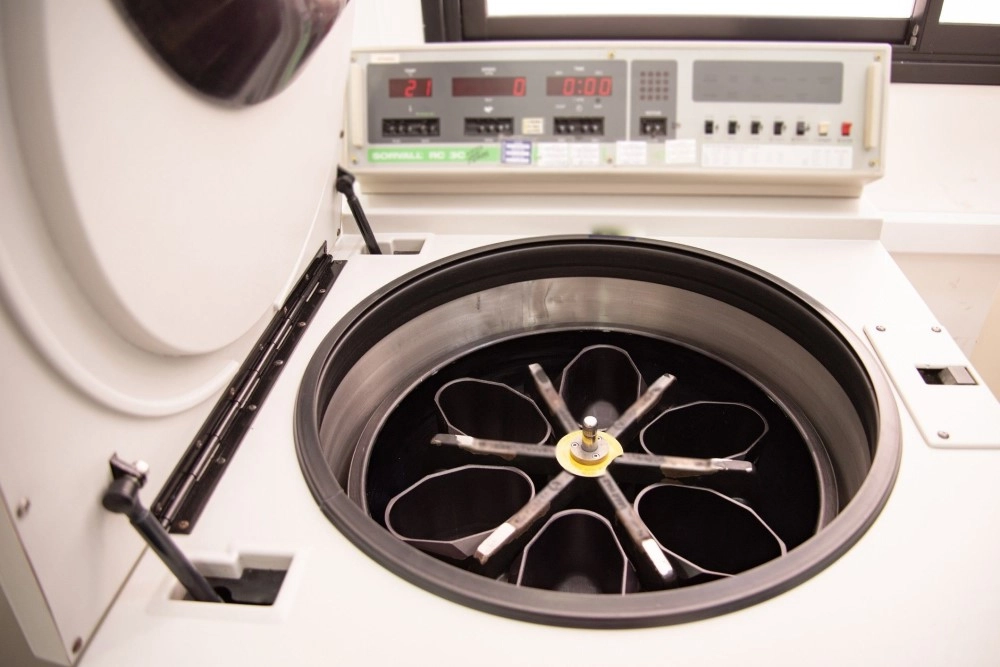 A picture is worth a thousand words. Examine
the photos of a used centrifuge to find issues that may not be addressed in the
product description. A few key things to look for are dents in the body panels,
rust in the chamber, and heavy wear on the control panel. If you see these
things, then the centrifuge likely was not maintained well by its previous
owners and you should stay away from it.
A picture is worth a thousand words. Examine
the photos of a used centrifuge to find issues that may not be addressed in the
product description. A few key things to look for are dents in the body panels,
rust in the chamber, and heavy wear on the control panel. If you see these
things, then the centrifuge likely was not maintained well by its previous
owners and you should stay away from it.
Additionally, you should look at the photos to ensure that the centrifuge is actually powered on. If it’s not clearly shown powered on, skip it. Reputable dealers will photograph it on to show that it works.
4. Don’t hesitate to negotiate
Most resellers are willing to negotiate prices, and the websites they’re selling on may even have counteroffer tools built in. For instance, let’s say there’s a centrifuge you’d like to purchase that comes with a rotor you won’t need. Contact the seller and ask them if you could buy the centrifuge without the rotor in exchange for a discount. Depending on the value of the rotor, you could save anywhere from a few hundred to a few thousand dollars.
Alternatively, you could simply counteroffer at a lower price without additional terms and negotiate from there. Oftentimes, the profit margins when reselling a lab instrument are wide enough that the dealer won’t mind losing a bit of money to land a sale and flip inventory faster.
5. Confirm that the refrigeration is sufficient
Over time, the refrigeration capability of a centrifuge can weaken. Unless the seller has recharged the refrigeration system, it’s likely that the refrigerated centrifuge you buy used will not cool all the way down to manufacturer specification. However, that shouldn’t be a problem if it can still reach the temperature your application requires. Before you purchase the centrifuge, contact the seller and ask them what the lowest temperature it can reach is to confirm it will meet your needs.
6. Ask the seller for product documentation
If you’re buying an older centrifuge, you may not be able to get a copy of its user manual from the manufacturer. In this case, contact the seller and ask if they have a PDF of the manual. If so, they’ll often send it to you free of charge.
If you follow these six steps next time you are shopping for a used centrifuge, you are sure to have better success with finding the right piece of equipment for you.
